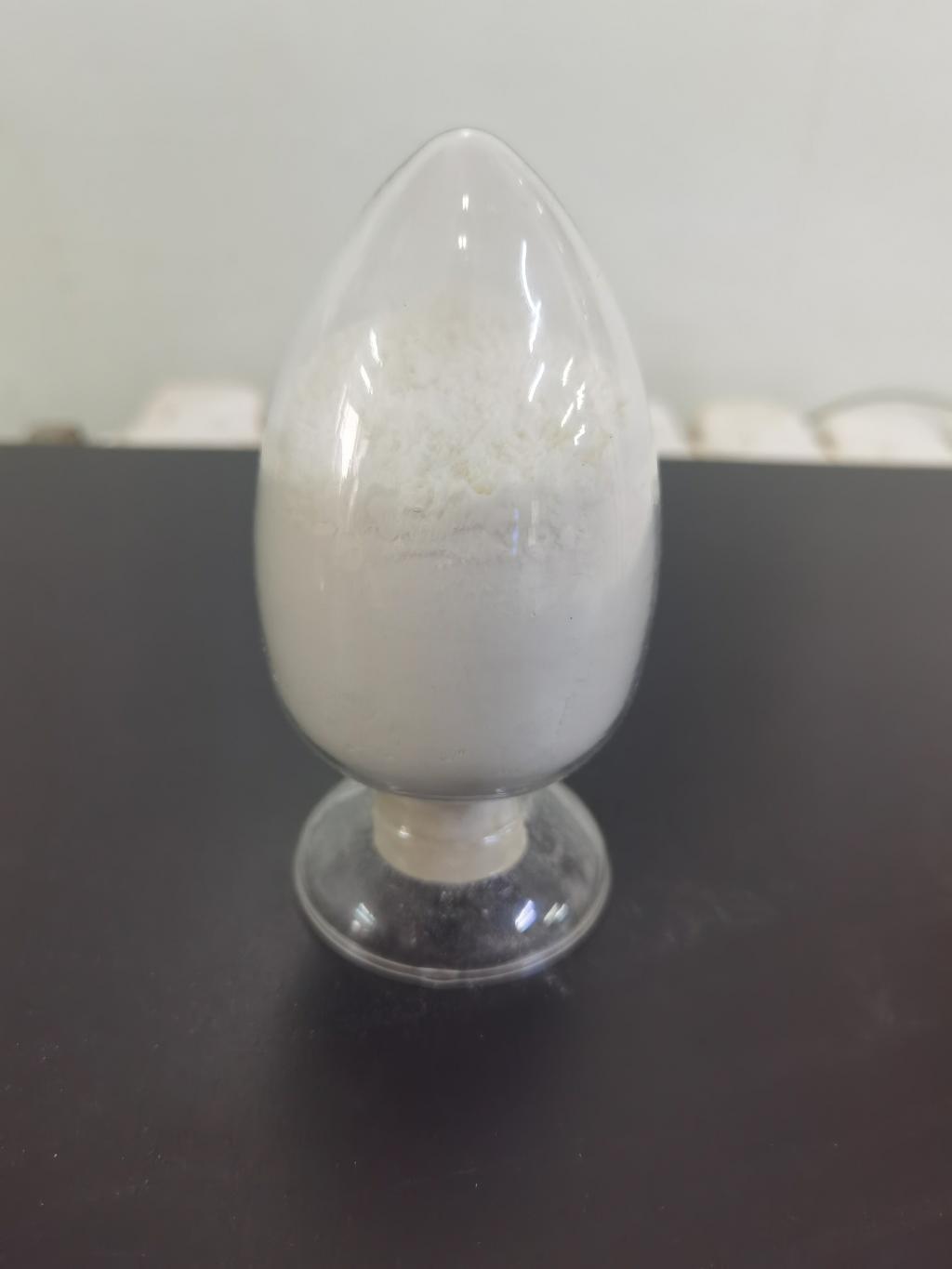Tel:+8618231198596

News
 CONTACT
CONTACT
 CONTACT
CONTACT
- Linkman:Linda Yao
- Tel: +8618231198596
- Email:linda.yao@dcpharma.cn
- Linkman:CHARLES.WANG
- Department:Overseas
- Tel: 0086 0311-85537378 0086 0311-85539701
News
Applications of the ε-Polylysine hydrochloride in food preservation.
TIME:2024-05-08
Antimicrobial Properties:
One of the key advantages of ε-Polylysine hydrochloride is its potent antimicrobial properties. It exhibits broad-spectrum activity against a wide range of microorganisms, including bacteria, yeasts, and molds. ε-Polylysine hydrochloride works by disrupting microbial cell membranes, leading to leakage of cellular contents and ultimately cell death. Its efficacy against both Gram-positive and Gram-negative bacteria makes it a versatile preservative for various food products.
Mechanisms of Action:
The mechanisms of action of ε-Polylysine hydrochloride involve multiple steps. Firstly, it binds to microbial cell membranes through electrostatic interactions. Once bound, it disrupts membrane integrity, leading to leakage of cellular contents and inhibition of essential cellular processes. Additionally, ε-Polylysine hydrochloride may interfere with microbial cell wall synthesis or disrupt intracellular enzymes, further contributing to its antimicrobial effects.
Regulatory Approval and Safety Considerations:
ε-Polylysine hydrochloride has received regulatory approval for use as a food preservative in many countries, including the United States, European Union, and Japan. Regulatory agencies such as the Food and Drug Administration (FDA) and the European Food Safety Authority (EFSA) have evaluated the safety of ε-Polylysine hydrochloride and established acceptable daily intake (ADI) levels. Studies have demonstrated the safety of ε-Polylysine hydrochloride for consumption, with no adverse effects reported at levels typically used in food products.
Applications in Food Preservation:
ε-Polylysine hydrochloride finds applications in a wide range of food products to inhibit microbial growth and prevent spoilage. It is commonly used in meat and poultry products, seafood, dairy, bakery items, sauces, dressings, and beverages. In meat and poultry products, ε-Polylysine hydrochloride extends shelf-life by inhibiting the growth of spoilage microorganisms and pathogens such as Salmonella and Escherichia coli. Similarly, in dairy products, it controls the growth of bacteria and molds, improving product safety and quality.
Emerging Trends and Future Prospects:
The use of ε-Polylysine hydrochloride in food preservation is continually evolving, driven by advancements in technology and consumer demand for natural ingredients. Emerging trends include the development of synergistic combinations of ε-Polylysine hydrochloride with other natural antimicrobials to enhance efficacy and expand application scope. Additionally, research efforts are focused on optimizing ε-Polylysine hydrochloride production methods and exploring novel delivery systems to improve its stability and effectiveness in various food matrices. Future prospects for ε-Polylysine hydrochloride in food preservation are promising, with opportunities for further innovation and collaboration across the food industry.
Conclusion:
ε-Polylysine hydrochloride offers a natural and effective solution for food preservation, with its potent antimicrobial properties, regulatory approval, and broad applicability across different food categories. By inhibiting microbial growth and preventing spoilage, ε-Polylysine hydrochloride helps to maintain the safety and quality of food products throughout their shelf-life. As research and development in the field of food preservation continue to advance, ε-Polylysine hydrochloride is expected to play an increasingly significant role in enhancing food safety and extending shelf-life in the global food supply chain.
- Tel:+8618231198596
- Whatsapp:18231198596
- Chat With Skype







